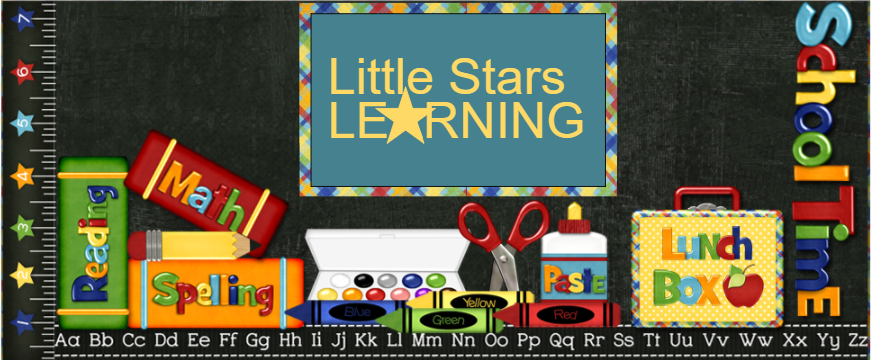I let him know...
Lying is not cognitively active until the age of 8!
Parents and caregivers need to ensure they do not place a child into positions where the child is basically forced to lie to escape harsh punishment or humiliation. Once the cognitive ability to knowingly lie is in place, children will quickly learn how to do it well if they are placed into positions where it is beneficial to do so. A calm, thoughtful discussion is usually able to produce the truth if the child is not immediately placed on the defensive. A child old enough to purposefully lie, is also old enough to understand that inappropriate behaviors have consequences and can usually come up with a suitable disciplinary measure and accept it as their due.
Until the age of 6, lying is simply wishful thinking/story telling.
"Young children (ages 4-5) often make up stories and tell tall tales. This is normal activity because they enjoy hearing stories and making up stories for fun. These young children may blur the distinction between reality and fantasy."
The child does not have control over it. They do it because they truly want it to be the way they say, to keep out of trouble, or to make someone happy by saying what the child knows the person wants to hear. They will also alter their thought processes so that they ACTUALLY BELIEVE that is what happened. Once again, you can not punish a child for something they have no control over. "Lying" is NOT LYING until age 6-8. Let it go.
However, there does need to be an appropriate response to inappropriate behavior.
"There are crayon marks on the wall, so the crayons have to be in time-out for a week." - The child denied writing on the wall.
"Your friend is crying because they got hurt. You'll have to play over there for a while. She doesn't feel like playing now." - The child denied pushing/hitting/taking toy from another child.
Story telling, "I got a pet elephant for my birthday," should simply be encouraged. "Really! Is he very big? Does he eat a lot? What did your mommy say?" Imaginary friends, etc. should be thoughtfully encouraged as your child explores their emerging imagination and learns the intricacies of using it in all it's many colors. One of these is the black and white thing that adults view as lying.
Tags: childcare, daycare, preschool, pre-k, prek, kindergarten, lying, lie, make-believe, storytelling, bahavior, cognitive, development, child development
















No comments:
Post a Comment
Note: Only a member of this blog may post a comment.